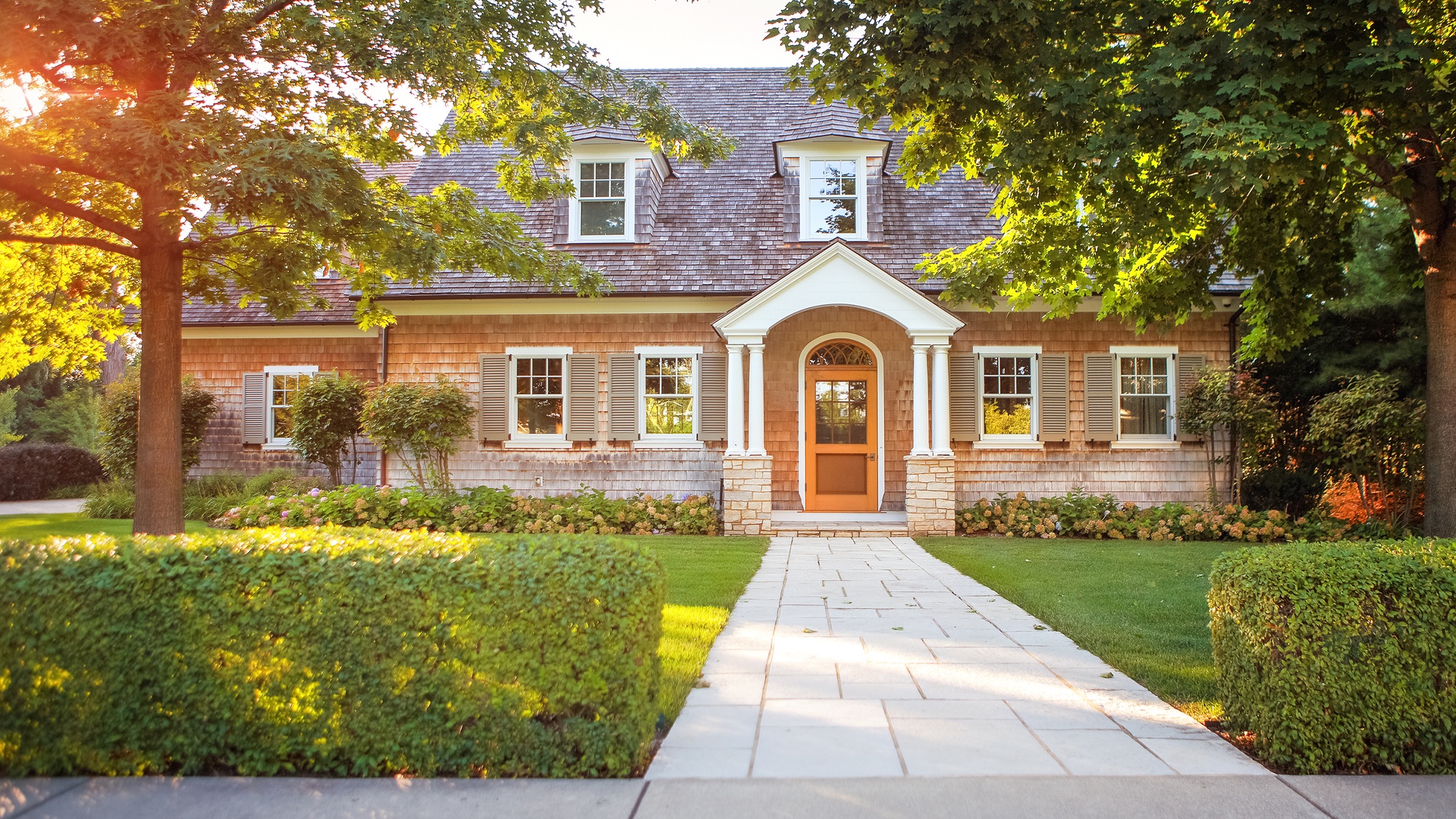Top Reasons To Check Your Home’s Infrastructure

Your home is likely your most significant investment, and ensuring it remains safe and functional is key to your peace of mind. By proactively inspecting your home's infrastructure, you can avoid costly repairs, keep your family safe, and protect the value of your property.
Here are the top six reasons to check your home’s infrastructure and how doing so can benefit both your wallet and well-being.
1. Prevent Major Structural Damage
Ignoring small issues can lead to catastrophic problems down the road. Cracks in foundation walls, for instance, may seem minor but could indicate serious structural shifting or sinking.
Over time, these issues can compromise the stability of the entire building, potentially leading to collapse or extensive damage. Regular inspections enable you to identify and address these issues early, such as monitoring crack growth or detecting new signs of movement.
2. Maintain Safety Standards
Your home’s infrastructure is essential for both its stability and your family’s safety. Problems like carbon monoxide leaks from faulty or improperly vented appliances can pose serious dangers, including symptoms such as headaches, dizziness, weakness, nausea, and in extreme cases, unconsciousness or death.
Outdated wiring can pose a serious risk of electrical fires, and improperly installed chimneys might cause smoke buildup or even fires. Regular inspections and maintenance can help identify these issues early, keeping your home safe and secure.
3. Improve Energy Efficiency
Older homes with unsealed leaks around doors, windows, and attics waste energy, and even newer homes can lose energy if their insulation, HVAC systems, and windows aren't maintained or sealed.
Conduct a thorough assessment of insulation, HVAC efficiency, and window seals to identify energy escapes. Sealing leaks, upgrading insulation, and maintaining HVAC systems can boost energy efficiency, lower utility bills, and create a more comfortable home.
4. Protect Your Plumbing and Septic Systems
Plumbing mishaps can lead to water bills skyrocketing due to leaks or blockages, and in worse cases, water damage that can compromise your home's structure. It's a good idea to check your septic tank regularly.
Spotting issues like a cracked or damaged lid early on can save you from unpleasant leaks, bad odors, and expensive repairs. By staying on top of regular inspections and maintenance, you can help prevent unexpected emergencies and keep your plumbing system functioning smoothly for an extended period.
5. Identify Pest Infestations
Another reason to inspect your home’s infrastructure is to prevent serious damage caused by termites, carpenter ants, and rodents if left unnoticed. Regular inspections of walls, foundations, and entry points can help detect early signs of infestation. Look for signs such as small holes, droppings, or damaged wood to enable prompt action before the problem escalates.
6. Save Money Long-Term
Proactive care is always cheaper than reactive repairs. A small roof leak, left unaddressed, can develop into a full-scale replacement. Regularly inspecting key areas, such as gutters, roofs, and foundations, reduces the likelihood of unexpected expenses.
Regular maintenance not only keeps your home safe but also enhances its long-term value. Whether you're planning to stay for decades or sell in the future, a well-maintained home makes all the difference. When was the last time you checked your infrastructure? If it’s been a while, there’s no better time to start.







